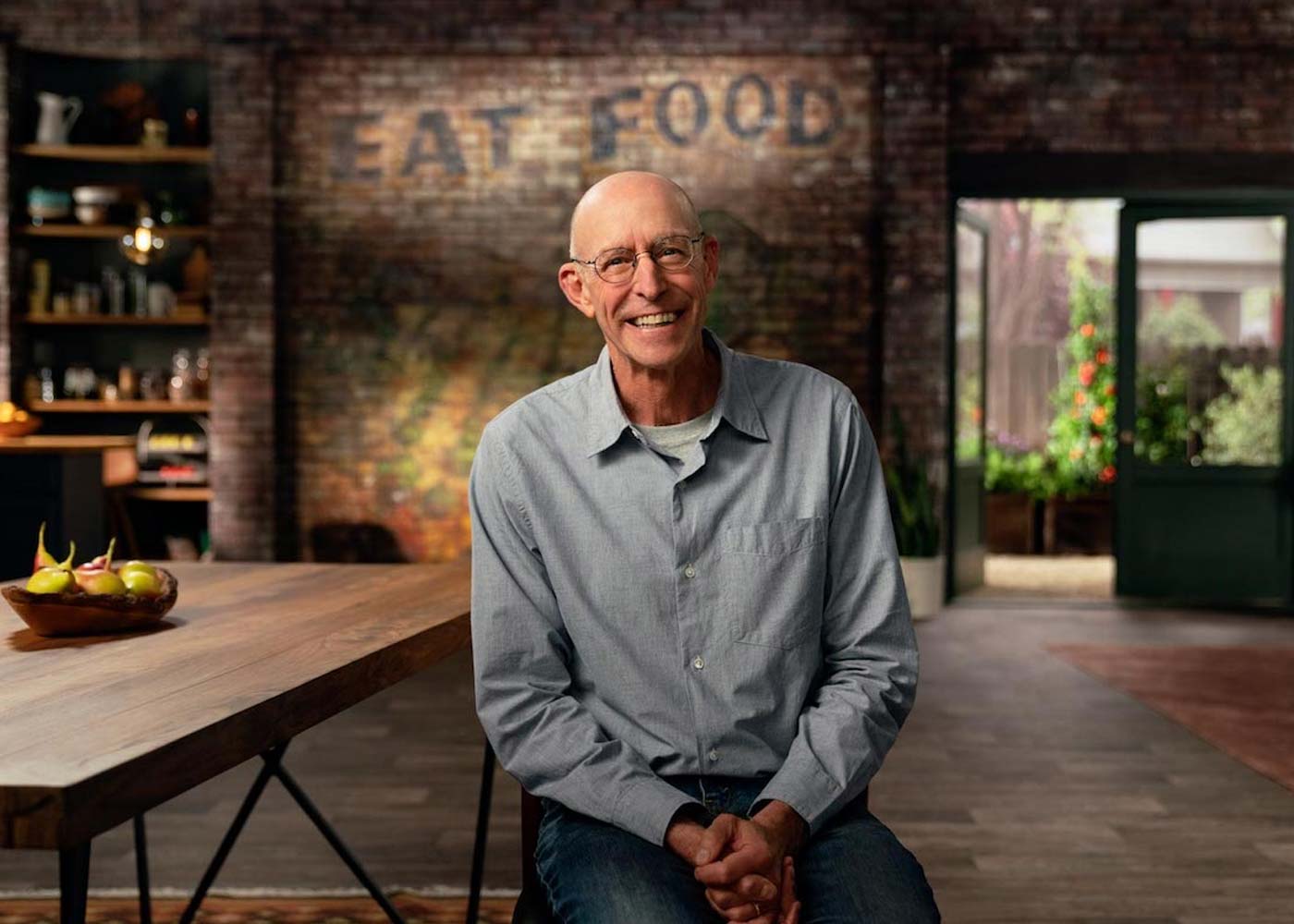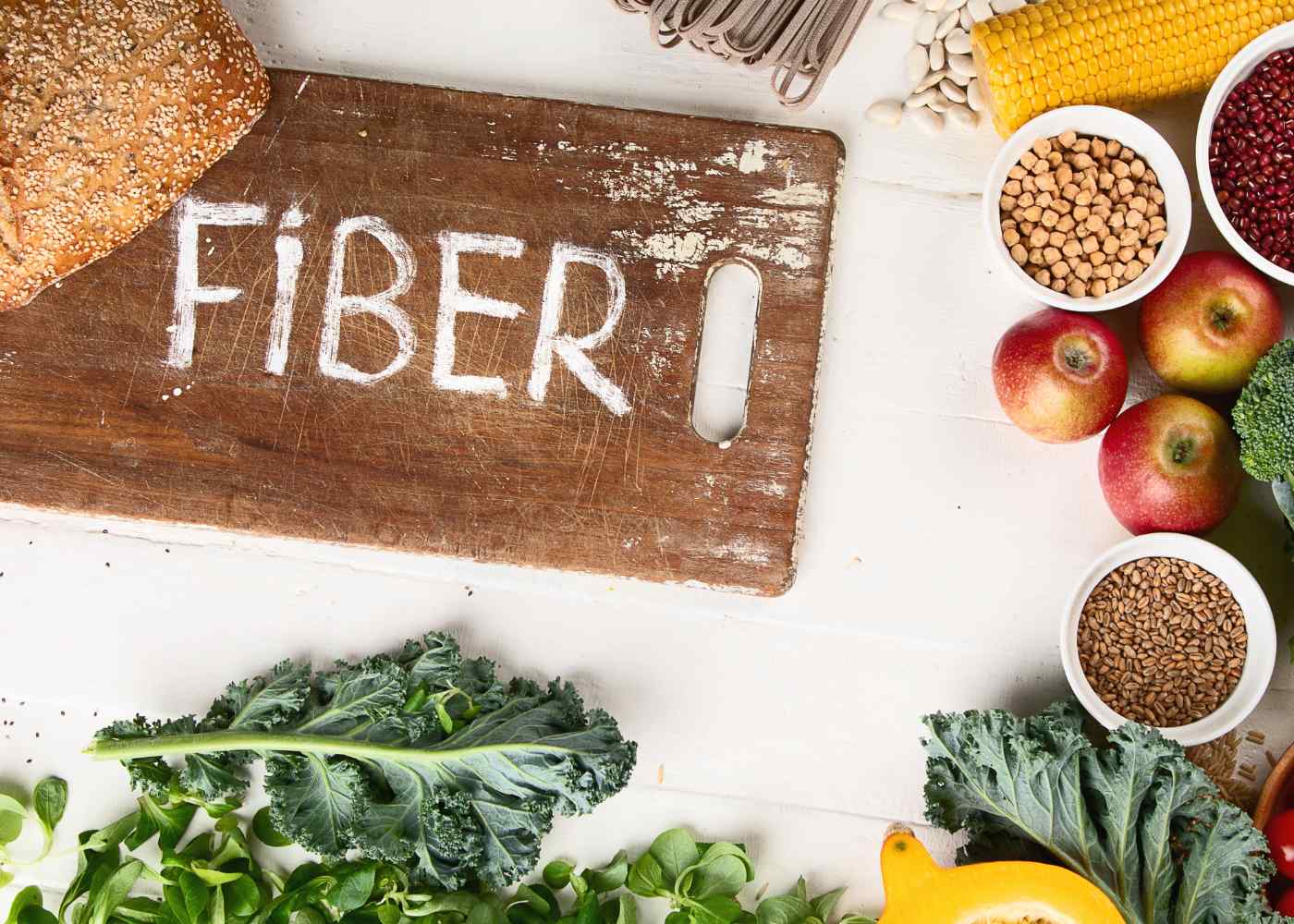
You stand to gain a lot if you only buy food from local
farms and vendors. As the food supply chain becomes less complex, you gain more
control over what you eat, enjoy the health benefits of fresh produce, and
contribute to your local economy. Learn why food journalist Michael Pollan
believes that eating locally is so important.
Eating locally entails relying on regional food vendors and
farms for some or all of your meals. In other words, you could get your
vegetables from a farmers' market, your fruits directly from the grower, and
your meat from a local farm. Some people who eat locally refer to themselves as
"locavores," a play on other common dietary descriptors such as
carnivore and herbivore.
Why Eating Local is Important
Eating locally is only one component of achieving
environmentally sustainable agriculture in general. For example, the modern
food supply chain has a negative impact on the environment due to the large
amount of carbon emissions produced by factory farming and food shipping.
When you choose to eat locally, you make a deliberate
decision to avoid harmful consumption of this type in favor of a more
sustainable and nutritious alternative. You'll also have a better understanding
of your providers' food safety standards.
Benefits of Eating Local
When you eat locally, you, your community, and the world
benefit in a variety of ways. These are just a few of the benefits of eating
local food that food educator Michael Pollan observes:
Improved nutrition: Local produce is fresher and more
nutritious than food produced in other parts of the world. "I don't think
people realize how much nutritional value is lost in fresh produce when it's
shipped across the country, which is something that happens all the time,"
Michael says. "That ripeness is nature's nutritional benefit signal."
When you eat local produce, you can expect fewer pesticides and more
antioxidants, minerals, and nutrients.
Increased variety: According to Michael, eating locally makes
you more likely to try new things. "I discovered that when my family
joined CSA [community supported agriculture], we cooked new things," he
says. "It helps us get out of ruts." This is due, at least in part,
to the fact that you can only use in-season ingredients from your own region,
rather than relying on the full range of foods available year-round due to
globalization.
Informed consumption: Consider how much more insight you'll
gain from knowing the exact location of your meals when making food choices.
"There are options," Michael says, "and each of those options
allows you to express what matters to you, whether it's sustainability, animal
welfare, pleasure, [or] health." Examine local land use and farming
practices in a variety of locations near your home to determine which vendor is
best for you.
Positive environmental impact: Local food has a positive
environmental impact because it is sustainable food. Consider the amount of
greenhouse gases that are released when food is transported over long distances
as an example. Michael says, "I consider my food's carbon footprint
carefully and try to choose foods that not only don't harm the environment, but
actually work to improve it." Reduce the amount of "food miles"
that your edibles must travel in order to create a healthier environment.
How to Eat Local
The food system is intricate, but learning to eat locally
makes it easier to determine how to consistently provide yourself with
wholesome, fresh food. Continue reading to find out what food writer Michael
Pollan has to say about eating locally:
Visit farmer's markets. Michael thinks frequent trips to
your neighborhood farmers market can perk up your meals. Farmers' markets are
expanding all over America, he claims. They number in the thousands, and new
ones open each month. And here is where you can purchase very high-quality
produce that was either picked that day or the day before. Your food will have
more nutritional value for your diet the fresher it is.
Participate in a CSA. You might be able to find a local
produce subscription service. "A CSA stands for community-supported
agriculture," Michael explains. "You basically subscribe to a farm,
and every week they put together a box of their produce, and you get that box
of produce for a monthly fee." Check with your local farms and co-ops to
see if they have this option.
Meet the farmers themselves. Perhaps you live in or near a
rural area. If that's the case, Michael has the following advice: "Look
for food artisans in your community." Working directly with local farmers
ensures that you are getting the freshest food possible.
Try various grocery stores. Local food is almost
certainly available at a supermarket in your area. "Look for grocery
stores that sell local produce," Michael advises. "A lot of them
are." A trip to the grocery store may be all you need to get started
eating locally grown food.




















